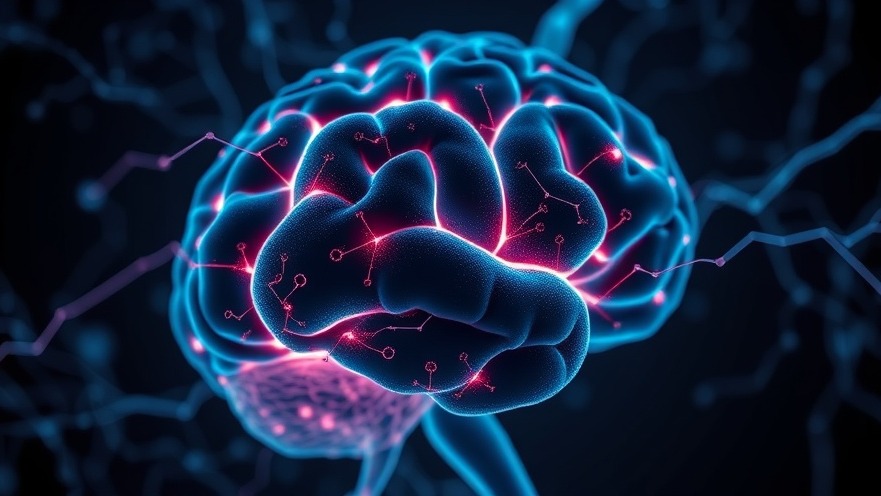
Understanding the Impact of Stroke on Bladder Control
Recent research highlights the intricate relationship between brain function and bladder control in stroke survivors. Utilizing functional magnetic resonance imaging (fMRI), a multidisciplinary team led by the Keck School of Medicine of USC identified key neural mechanisms that contribute to urinary incontinence, a common and often debilitating condition affecting stroke patients. Urinary incontinence can affect up to 79% of individuals immediately following a stroke and may persist in nearly 40% of patients a year later, underscoring the need for deeper understanding and effective treatment options.
Neuroscience Behind Urinary Incontinence
The study revealed significant differences in brain activity during voluntary versus involuntary bladder contractions. According to Dr. Evgeniy Kreydin, the lead researcher, this complex interplay is crucial for understanding how strokes disrupt normal bladder control pathways. Stroke impacts the regions of the brain that help regulate the sensation of bladder fullness and the control over urination, leading to symptoms that can severely impact quality of life. By understanding these neurological foundations, researchers hope to pave the way for targeted therapies that could alleviate the burdens faced by these patients.
Innovative Research Techniques Yield Insights
One of the standout aspects of this research was its innovative methodology. Unlike previous studies, which had participants void on command after filling their bladders with a catheter, this research allowed for repeated bladder filling and voiding during the fMRI scans. This new technique enabled researchers to observe brain activity more broadly, effectively monitoring both voluntary and involuntary actions. Such advancements not only offer detailed insights into the brain’s role in urinary control but also enhance our understanding of post-stroke recovery processes.
Looking Ahead: Potential for Improved Treatment
With substantial implications for treatment, these findings highlight an urgent need for further research in this area. Addressing urinary incontinence could improve life quality for countless stroke survivors, reducing the risk of complications, disability, and even mortality linked to this often-overlooked condition. As the medical community continues to explore these avenues, patient awareness and education will be key components in managing this complex issue.
In summary, while strokes can severely disrupt bladder control, ongoing research efforts promise new insights and treatment possibilities that could significantly improve the lives of stroke survivors. Understanding the brain's role in regulating bladder function is essential for developing effective strategies for rehabilitation and recovery.
 Add Row
Add Row  Add
Add 




Write A Comment